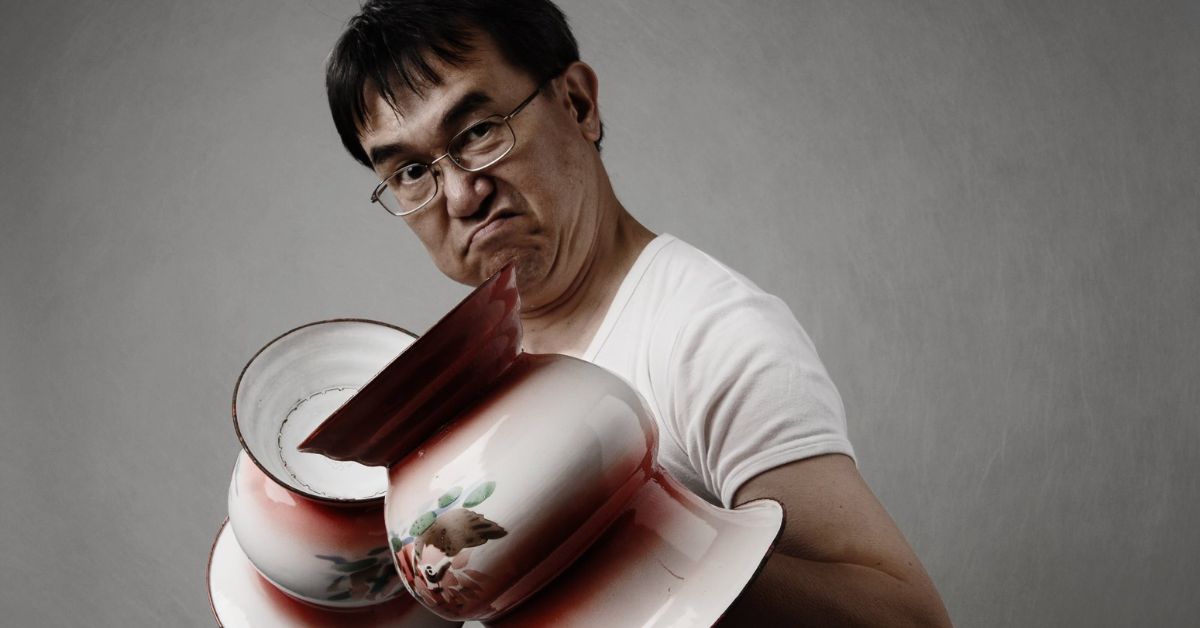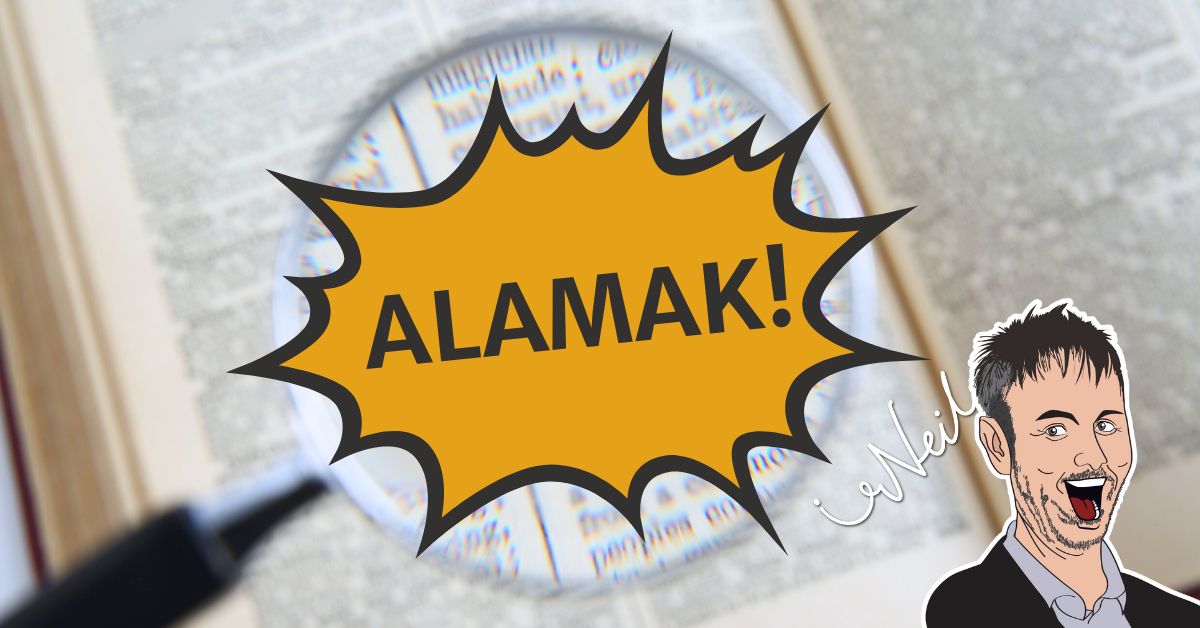
THE Oxford English Dictionary has got nothing on me. The dictionary recently added Singlish words like “alamak” and “tapau” to its lengthy list of entries, but the prestigious tome has yet to add “lum pah pah lan”. (Some folks spell out the Hokkien phrase as “lum pa pa lan”, which is just splitting hairs – something that would make the phrase even more painful).
But I got lum pah pah lan into Britain’s The Times newspaper, a literary feat that I remain childishly proud of.
Allow me to explain. In my Inspector Low crime series, the titular character has a way with words. Like his author, Inspector Low is English-educated, but capable of swearing in several different languages. He’s also fond of surreal Singlish expressions.
In my novel Bloody Foreigners, Inspector Low interrogates a British suspect by focusing his fist on a particular area of the suspect’s anatomy, for purely interrogatory purposes. During the ordeal, he conducts an impromptu Singlish lesson, informing the British suspect that “lum pah pah lan” loosely translates as “the testicles hitting the penis”.
I’d waited decades to work in one of my favourite local phrases into my writing.
Advertisement
And then a UK book reviewer in The Times published his thoughts on my novel, wryly noting that when things go wrong in Singapore, the correct expression to use in Singlish was lum pah pah lan. I spat out my tea and then set off on a lap of honour around my living room, chanting the phrase over and over again (I have very understanding neighbours).
The Times is a British broadsheet mostly read by older, conservative types.
Darling, should our cruise trip stop in Singapore, we must fit in with the locals and remember to say lum pah pah lan.
Oh, to be a fly on the wall, as an affluent retiree sipped his Earl Grey, leaned over to his wife and said,
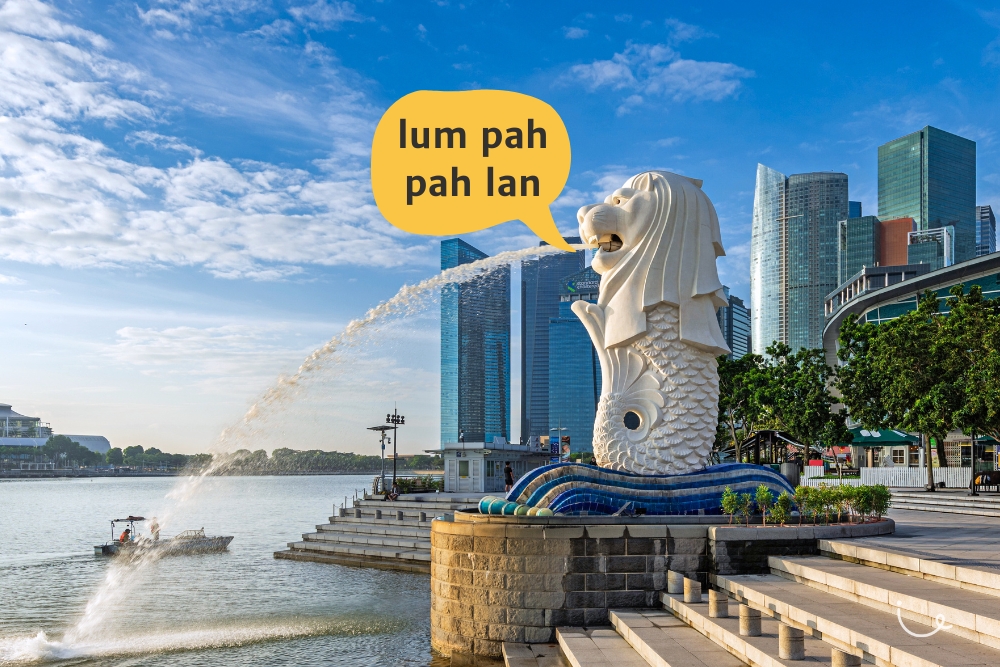
And why not? Rather than shy away from our local vernacular, we should cherish it. Champion it. In all cultures. In all walks of life. I’ve long celebrated Singlish for the same reasons that it’s often chided, mocked or looked down upon at dinner parties. It’s the organic language of the street, taking root from various, unique environmental conditions and growing from the ground up.
Critics of Singlish often lamented the guttural, coarse elements, the same criticisms heard of (predominantly) working-class accents across the world. When I was a kid, the Cockney accents of my native East London were ridiculed as much as the Mancunian and Scouse dialects of Manchester and Liverpool respectively.
But as I type this, the most popular TV series in the world right now is Adolescence on Netflix, where formidable actor Stephen Graham speaks in his local, Liverpudlian accent throughout. That hasn’t stopped the show being a top hit everywhere from Singapore to Sydney.
The resilience of Singlish
And yet the love-hate, praise-mock, yin-yang attitudes towards Singlish stubbornly persist, as if the edges of what makes us unique, different and worthy of inclusion in the Oxford English Dictionary should be filed down and dulled. Then we can sound like everyone else. Bland and generic. (Just the kind of qualities required in the age of AI, right?)
One of the daftest examples of this happened at the turn of the century, when Singapore went through that surreal period of trying to crush its own dialect. Older readers will remember – and cringe – at the Speak Good English folks temporarily kidnapping TV character Phua Chu Kang and refusing to release him until he disavowed Singlish and converted to the Queen’s English.
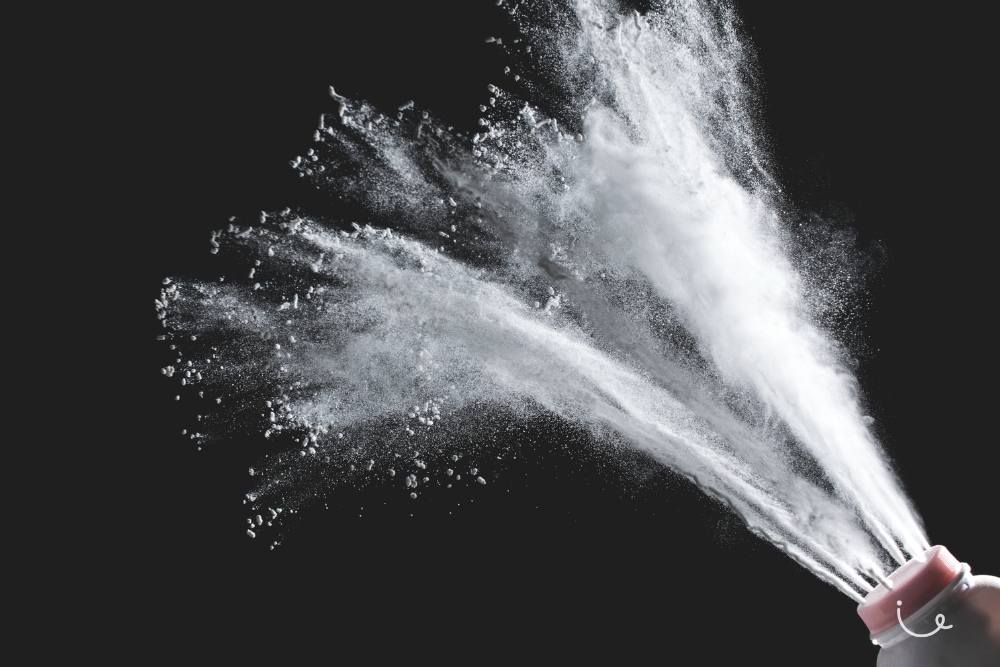
My England not so powderful. My English must be powerful to ensure my release.
The memory plays tricks, but I can only see the fictional contractor tied to a chair and holding up placards that read,
It happened to me. As a teacher, I topped up my early income playing ang moh extras on TV and taking on small speaking parts as obnoxious colonials or Caucasian serial killers. I did my research by walking around Boat Quay when the bars were closing.
On one occasion, I played an effeminate hairdresser — it wasn’t a stretch — and suffered the humiliation of being hauled back to the studio to redub my own voice. At the height of the anti-Singlish debacle, producers had detected traces of Singlish in my performance. I’d been in Singapore too long.
Alas, the kid from England had to dub his English voice into better English to appease the anti-Singlish censors.
If only they’d paid half as much attention to my performance. I was more wooden than Pinocchio.
Thankfully, we’ve come a long way since those darker days of the early 2000s. The emphasis has subtly shifted towards the value of code-switching, which is sensible (standard English for the office, Singlish for the hawker centre, etc), rather than the heavy-handed attempts to obliterate the local creole.
Those who lived through the Singlish Wars will never forget them. None of us should ever suffer the horror of Phua Chua Kang speaking standard English again.
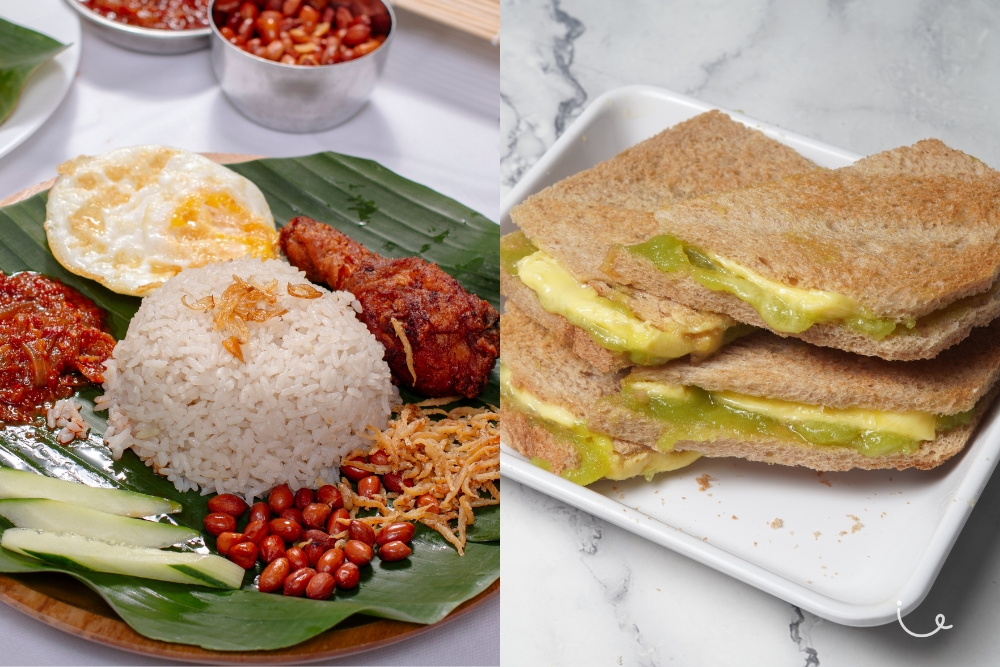
So it’s lovely to see the inclusion of words like “alamak”, “nasi lemak”, “Kaya toast” and “tapau” in the Oxford English Dictionary. They are indigenous, unique and “untranslatable words” that form a regular part of daily conversations. But the unmistakable pride that followed the reports has been more important.
At the risk of sounding melodramatic, there is something quietly wonderful about joining a line of at least three different races at my Sengkang hawker stall and all understanding a young girl from China asking us if we want to “tapau”.
We’re still a melting pot. We still share and learn from each other. Celebrate the fact that food and Singlish continue to unite us at coffee shops across the country. We didn’t need the validation from the Oxford English Dictionary, but we’ll take it anyway.
Now, the Oxford academics need to follow The Times‘ lead and include “lum pah pah lan” in their next edition.




